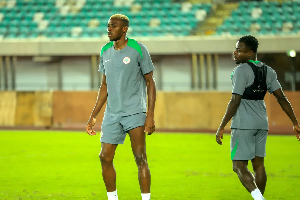The Chief Executive Officer of the travel agency, Wakanow, Mr. Bayo Adedeji, has stated that only about three per cent of Nigerians travel by air.
In an interview with journalists recently, Adedeji who also spoke on other industry related issues, said the lack of funds was more responsible for the inability of Nigerians to travel by air.
He said, “A lot of people have never flown on planes in Nigeria. Wakanow has a programme of pay smal-small. It means that you can buy an air ticket and you can pay gradually before you travel. It makes travel easy.
“I tell people that with N100,000 they can travel and you can pay it over a year, six months or whatever period that works for you. The real opportunity is not for me or my competitors to be trading customers.
“The real opportunity is for me to get new customers that have never travelled before and expand the market. The bigger the pie, the bigger the food for every one. A very radical way of thinking.”
Adedeji added, “Only about three per cent of Nigerians travel by air and I’m sure in the rest of Africa, it might be worse. If three per cent of the market travel, that means I have 97 per cent to go. That is where the opportunity is for us and that is where we are going.”
Speaking on issues bothering on interconnectivity in the aviation industry, he said, “Sometimes we talked about interconnectivity in terms of viability. Why would an airline fly somewhere when they have just two, three, four passengers?”
Adedeji said the visa policy in some countries was hindering travelers’ entry, hence a drop in travel demand for such destinations.
He said, “What Wakanow does is that we look at the route. We understand why people want to visit that route and we try to solve that problem first. We then go to the airline to try it out. We do a trial and see that it is all full.
“We then go to the next route. We then focus on the commercialisation first by removing the barriers of entry. Some countries require visa. People were not visiting Cairo because of visa issues. The process was 30 days long. We introduced visa on arrival in Cairo.
“On the work we are going to be doing with ASKY, we are going to look at Sao Tome, for instance. “
Business News of Wednesday, 28 September 2022
Source: www.punchng.com













